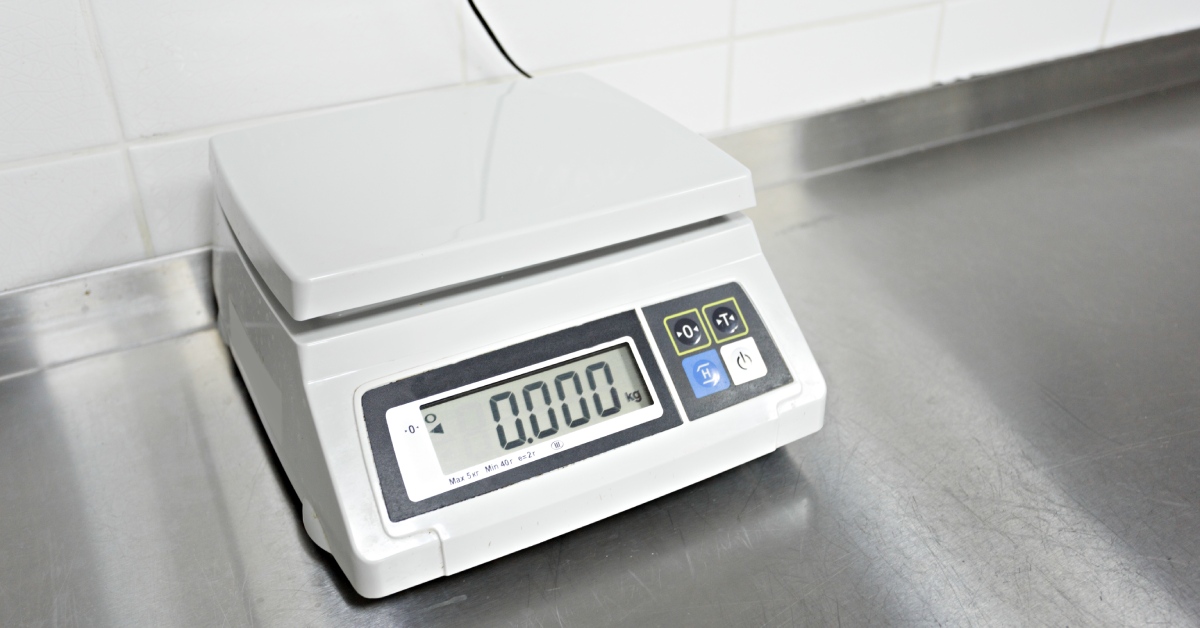Bench scales and balances play pivotal roles in precision weighing instruments across various industries. While often used interchangeably, these tools have distinct functionalities and applications. Understanding the differences between bench scales and balances is essential for making the right choice to meet your specific needs, ensuring optimal performance and accuracy.
Technological advancements offer features like digital displays, connectivity to computer systems, and even automated weighing processes. Learning about each tool’s characteristics, advantages, and ideal uses will help you make informed decisions and leverage the right tool for your specific application.
The Role of Balances
Balances are precision instruments specifically designed for measuring small quantities with high accuracy. Commonly used in scientific research, pharmaceuticals, and quality control laboratories, balances are essential for applications where even small differences in weight can have significant implications. Balances typically have a higher resolution and sensitivity than bench scales, making them ideal for tasks requiring meticulous precision.
Understanding Bench Scales
Bench scales, also known as benchtop scales, are versatile weighing instruments designed for general weighing tasks. Often used in environments such as warehouses and laboratories, these scales can weigh larger and bulkier items. They come in various sizes and capacities, ranging from a few grams to several kilograms, and can be analog or digital. Modern digital benchtop scales offer enhanced accuracy, ease of use, and advanced features such as data connectivity and programmable functions.
Key Differences
Several key differences between bench scales and balances set them apart, and it’s crucial to learn about them to make an informed decision.
- Accuracy and precision: While both instruments aim to provide accurate measurements, balances offer higher precision. A balance can detect even the slightest variations in weight, making them indispensable in environments where accuracy is paramount. Although accurate within their specified range, bench scales do not offer the same level of sensitivity.
- Capacity: Bench scales generally have a higher capacity than balances, making them suitable for weighing larger objects. Balances have smaller capacities but offer finer increment readability.
- Construction: Bench scales are more robust and durable, regularly handling larger and potentially rougher loads. Balances, with their delicate components, are more sensitive and require careful handling to maintain their precision.
The Importance of Calibration
Regardless of the type of weighing instrument you select, regular calibration is crucial to maintain accuracy and functionality. Calibration involves setting the instrument to a known standard and adjusting it to ensure the readings remain precise. Frequent calibration checks can prevent measurement errors for bench scales used in industrial settings or balances in a laboratory environment, ensuring reliable and consistent results.
Understanding the distinctive features and applications of bench scales and balances is fundamental for industries that rely on precise weight measurements. By making informed choices based on the specific needs of their operations, businesses can optimize their processes and maintain the highest standards of accuracy and efficiency.
Whether you’re upgrading your current equipment or setting up a new facility, we can help you find the perfect solution. Call us today to discover how our range of high-quality weighing instruments can elevate your precision and reliability.
